Understanding Insulin Resistace | Kansas City Laser-Like Lipo®
Understanding Insulin Resistance | Kansas City Laser-Like Lipo®
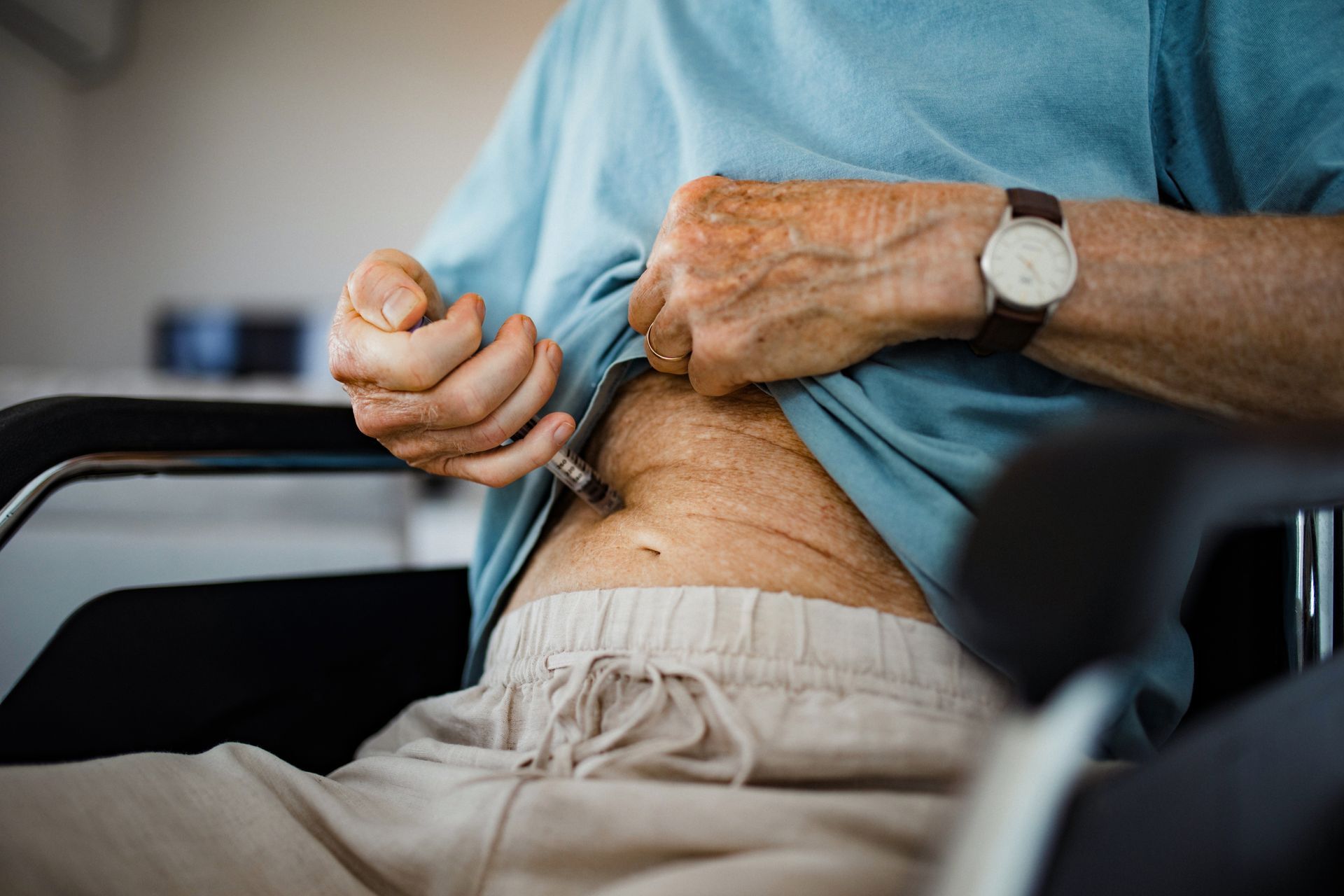
Photo Credit: Shutterstock
In today’s fast-paced world, maintaining optimal health can sometimes feel like navigating through a complex labyrinth. Among the myriad of health concerns that individuals face, insulin resistance stands out as a critical issue that can significantly affect one’s wellbeing. At Kansas City Laser-Like Lipo®, we're committed to not only enhancing your aesthetic goals but also to educating our community on key health issues. In this comprehensive article, we'll delve into the intricacies of insulin resistance: what it is, its causes, the percentage of the population it affects, its impact on weight loss, and strategies for management or reversal.
What is Insulin Resistance?
Insulin resistance is a condition where the body's cells become less responsive to insulin, a hormone produced by the pancreas that allows sugar (glucose) in the blood to enter cells. This results in elevated blood sugar levels. Over time, the pancreas compensates by producing more insulin, leading to high insulin levels in the blood, a state known as hyperinsulinemia. If left unchecked, insulin resistance can progress to type 2 diabetes, a serious health condition affecting millions worldwide.
Causes of Insulin Resistance
The development of insulin resistance can be attributed to multiple factors, broadly categorized into genetic and lifestyle factors:
- Genetic Factors: A family history of type 2 diabetes can increase the risk of insulin resistance. Certain genetic markers have been linked to a higher susceptibility to the condition.
- Lifestyle Factors: These include obesity, especially excess fat around the abdomen, physical inactivity, smoking, and a diet high in sugars and refined carbs.
- Other Causes: Conditions such as polycystic ovary syndrome (PCOS), gestational diabetes, and certain medications can also contribute to the development of insulin resistance.
Prevalence of Insulin Resistance
It's estimated that a significant portion of the adult population is affected by insulin resistance, with variations across different regions and populations. In the United States, some studies suggest that up to 1 in 3 adults may have some degree of insulin resistance, with higher rates in populations with a greater prevalence of obesity and type 2 diabetes. This makes understanding and addressing insulin resistance a public health priority.

Photo Credit: Shutterstock
Insulin Resistance and Weight Loss
Insulin resistance can create a challenging cycle when it comes to weight loss. High levels of insulin can lead to increased hunger and cravings, particularly for sugary and carb-rich foods, making it harder to maintain a healthy diet. Additionally, insulin resistance can slow down metabolism, making it more difficult to lose weight even with diet and exercise. This underscores the importance of targeted strategies to manage insulin sensitivity for those struggling with weight loss.
Managing or Reversing Insulin Resistance
The good news is that insulin resistance can often be managed or even reversed with the right approach:
- Dietary Changes: Adopting a diet low in refined carbs and sugars, and rich in fiber, healthy fats, and proteins can help manage blood sugar levels and improve insulin sensitivity.
- Physical Activity: Regular exercise helps lower blood sugar levels and increase insulin sensitivity. Both aerobic and resistance training exercises are beneficial.
- Weight Management: For those overweight, even modest weight loss can have a significant impact on improving insulin sensitivity.
- Stress Management: Reducing stress through techniques such as meditation, yoga, or deep breathing exercises can help manage cortisol levels, which can impact insulin sensitivity.
- Medical Interventions: In some cases, medications may be necessary to help manage blood sugar levels and insulin sensitivity. Always consult with a healthcare professional for personalized advice.
At Kansas City Laser-Like Lipo®, we understand the complexities of managing health conditions such as insulin resistance. While our primary focus is on providing laser-like lipo services, we believe in a holistic approach to health and wellness. Managing insulin resistance is not just about improving numbers on a test; it’s about enhancing your overall quality of life. Through lifestyle modifications and, where necessary, medical interventions, individuals can effectively manage or reverse insulin resistance, paving the way for a healthier future.
Remember, you're not alone in this journey. With the right information and support, managing or reversing insulin resistance is within reach. For those looking to improve their health and well-being, consider taking the first step today towards a healthier tomorrow.

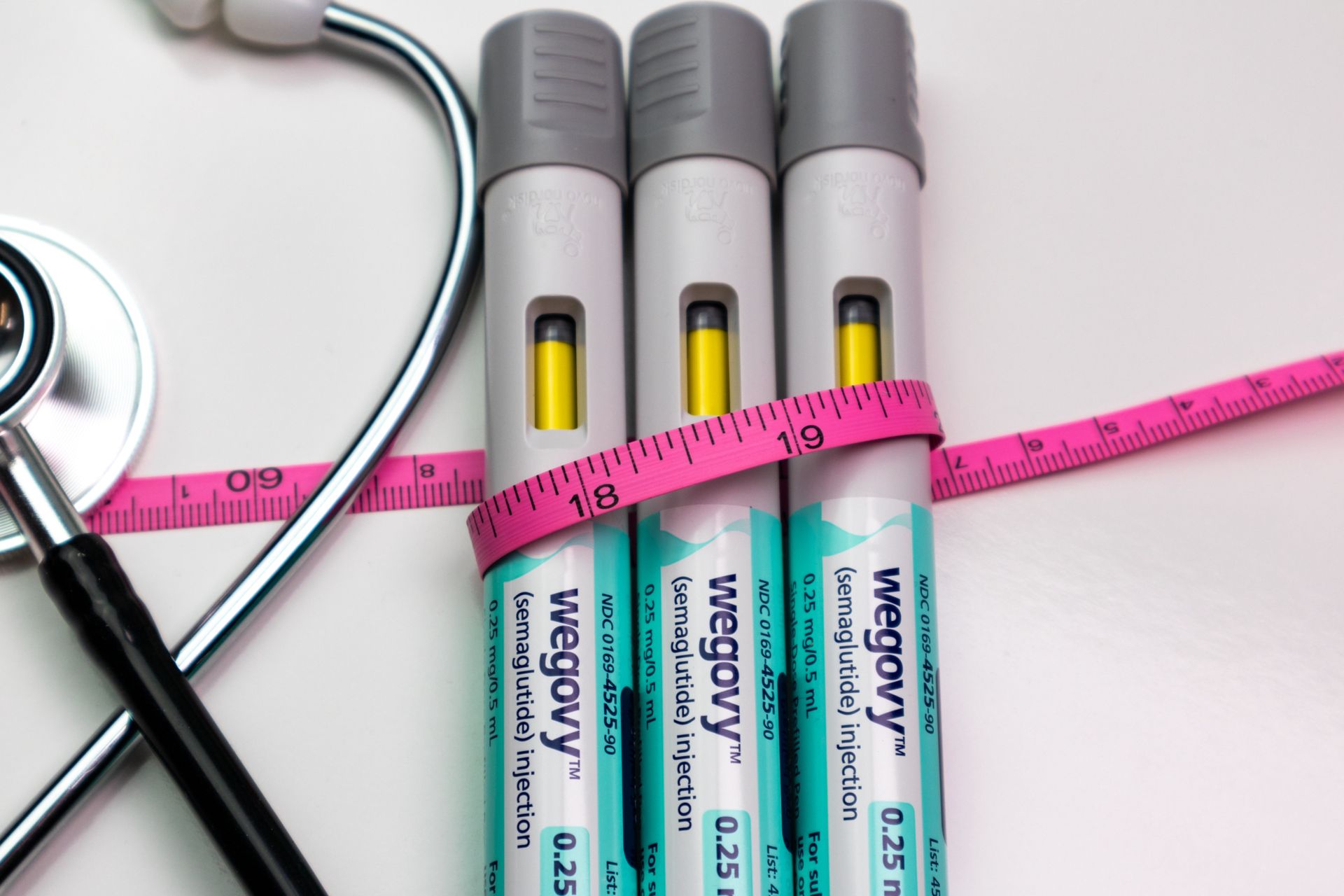

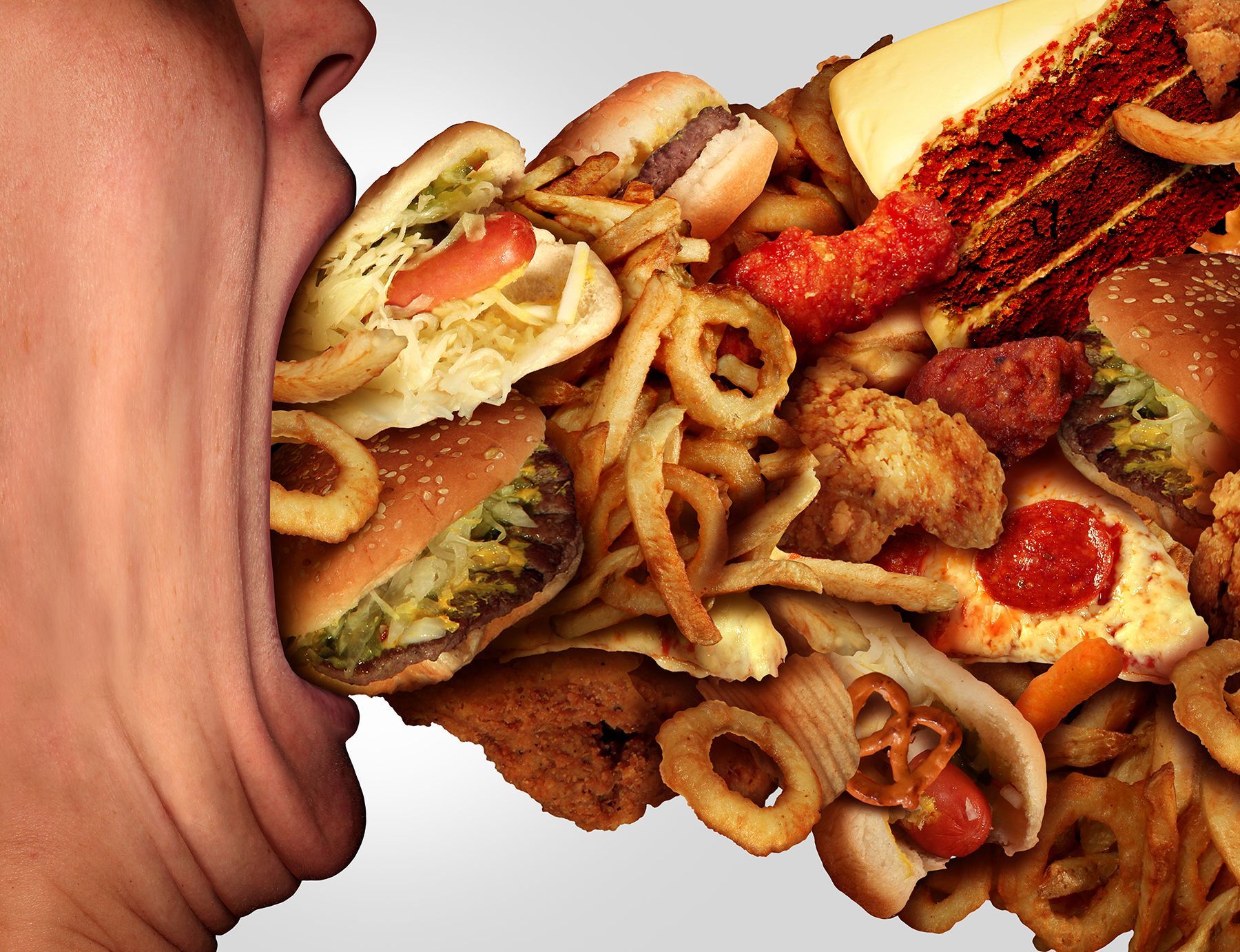
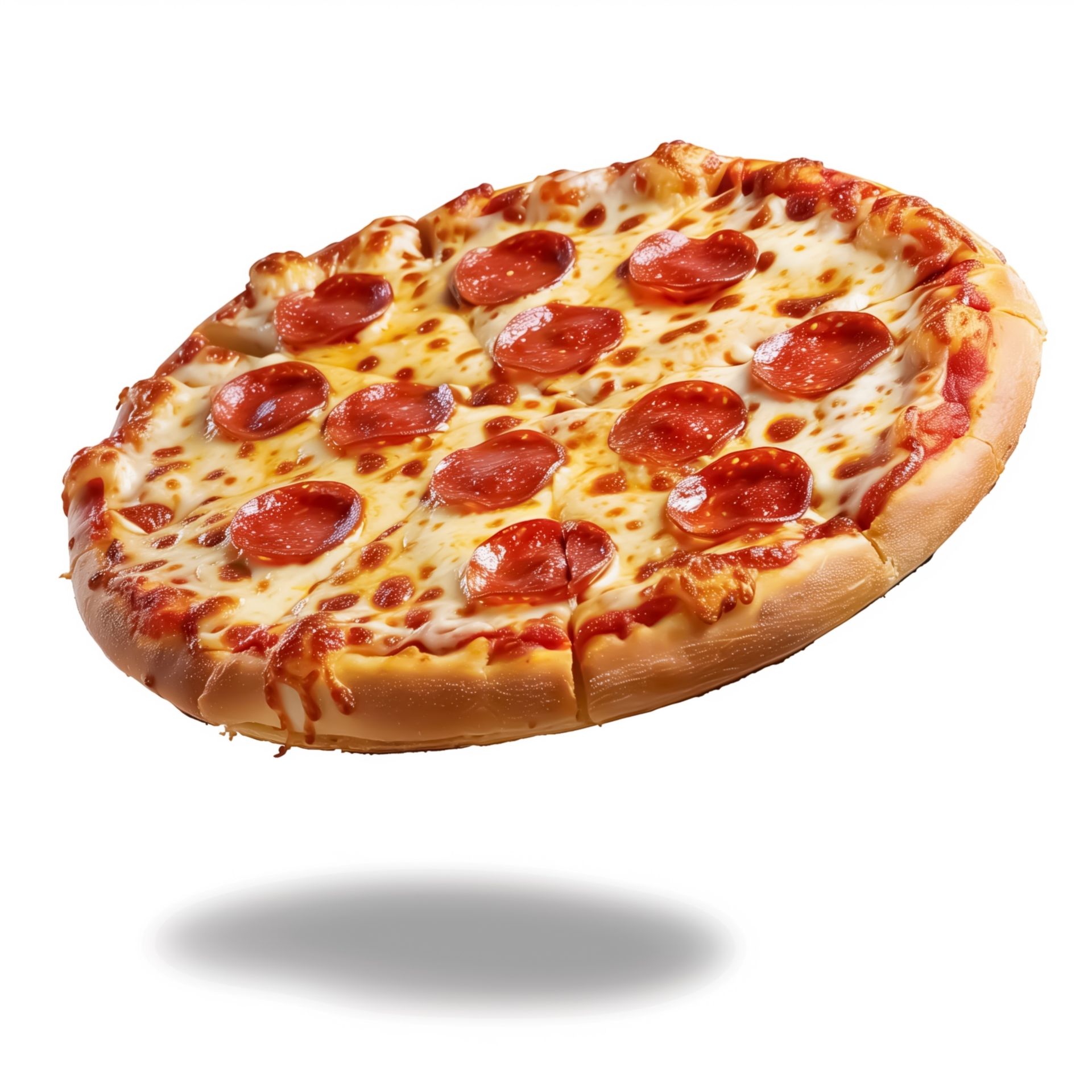





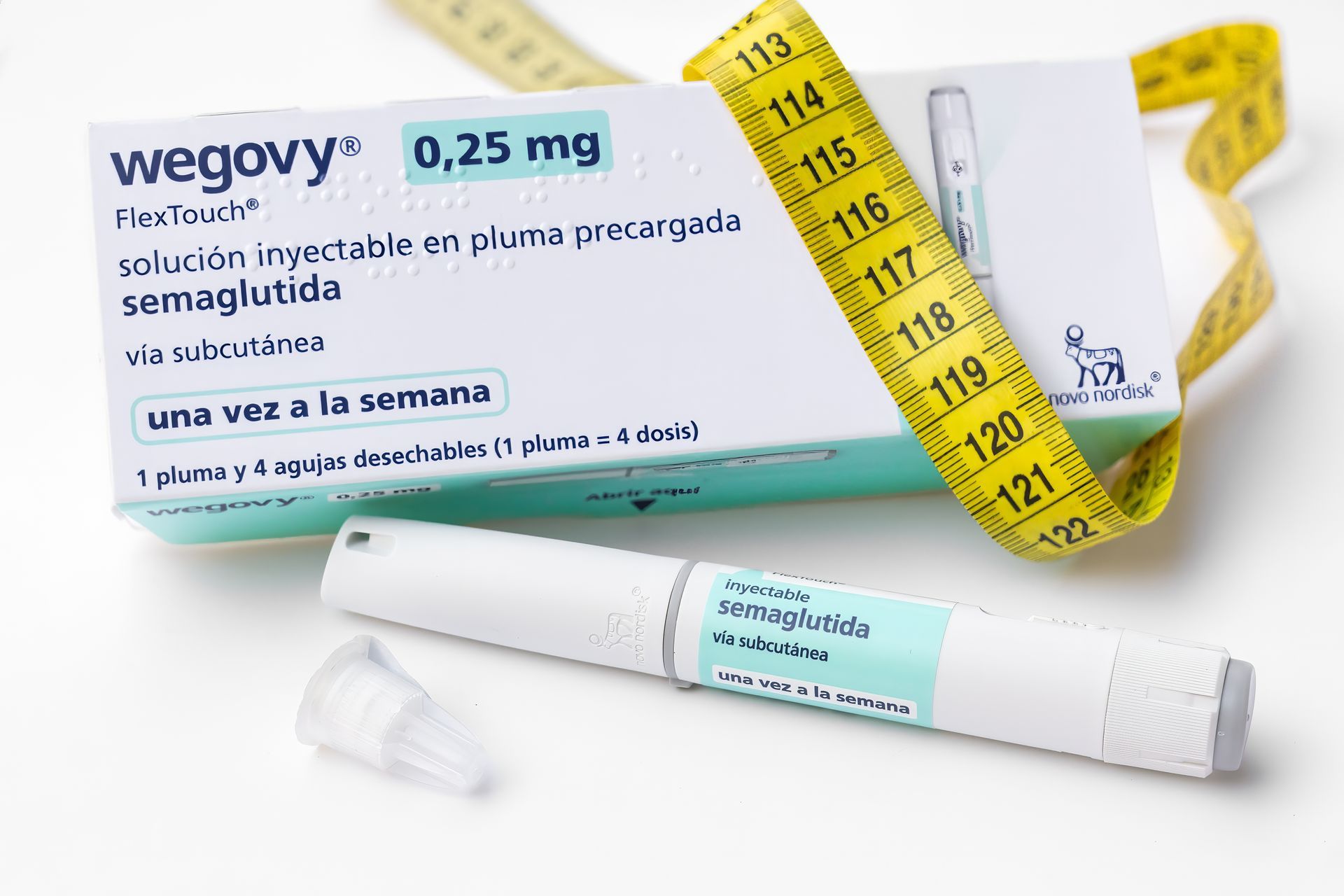
Share On: